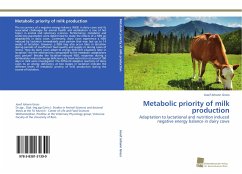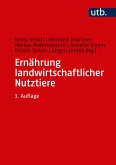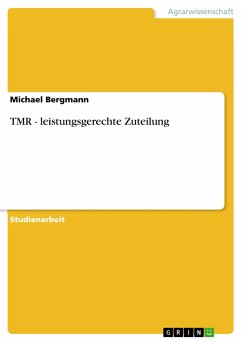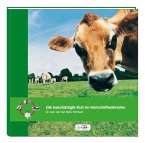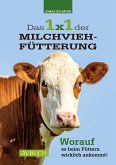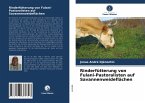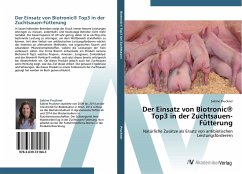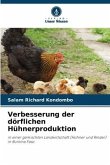The occurrence of a negative energy balance (NEB) in dairy cows and its associated challenges for animal health and metabolism is one of hot topics in animal and veterinary sciences. Performance, metabolic and endocrine parameters were determined to study the effects of a NEB on adaptability in dairy cows. Commonly, dairy cows experience a NEB induced by lactation immediately post partum that may last up to 14 weeks of lactation. However, a NEB may also occur later in lactation during periods of insufficient feed quality and supply or during cases of illness. How do dairy cows adapt to energy deficient situations later in lactation? Are the mechanisms comparable to the metabolic adaptations post partum? Besides the lactation-induced NEB, responses during a deliberately induced energy deficiency by feed-restriction at around 100 days in milk were investigated. The different adaptive reactions of dairy cows to an energy deficiency at two stages in lactation indicate the different levels of metabolic priority of milk production during the course of lactation.
Hinweis: Dieser Artikel kann nur an eine deutsche Lieferadresse ausgeliefert werden.
Hinweis: Dieser Artikel kann nur an eine deutsche Lieferadresse ausgeliefert werden.

